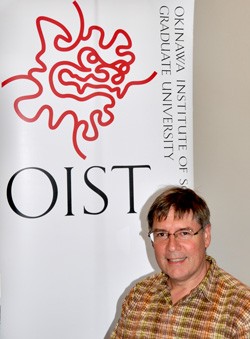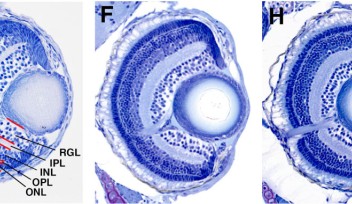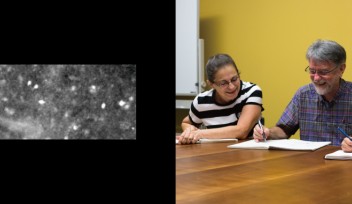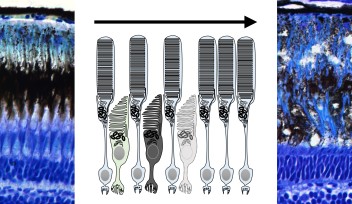Prof. Jeff Wickens Awarded HFSP Grant
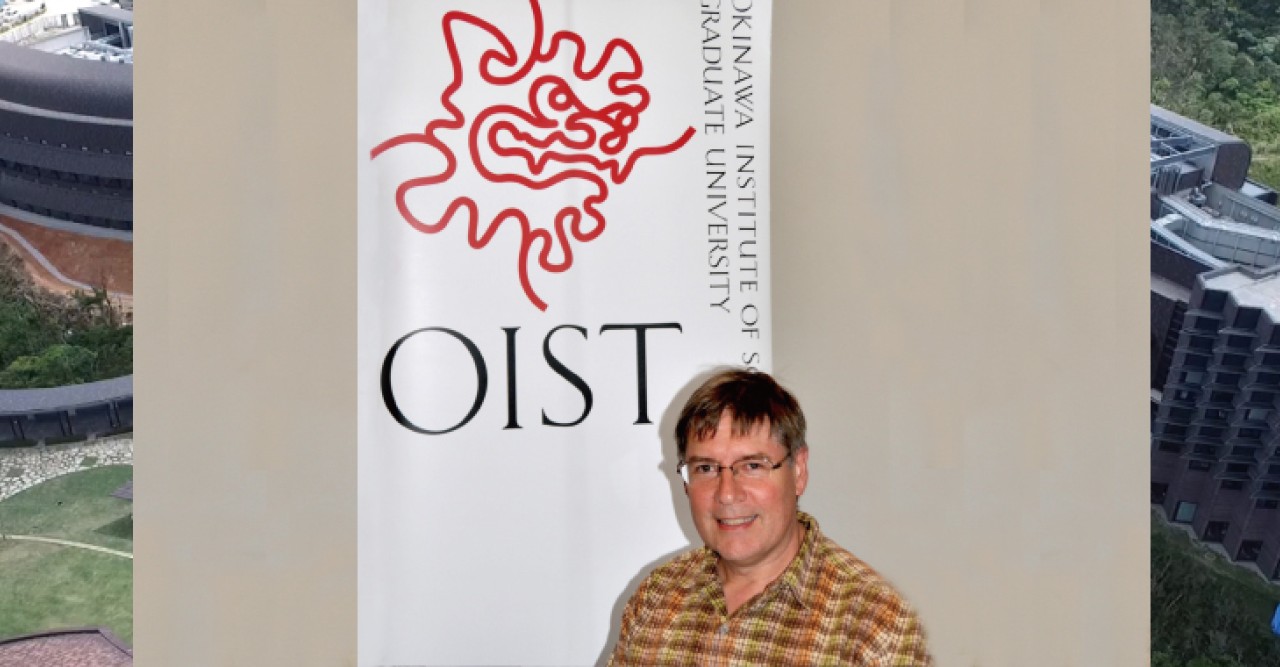
The Human Frontiers Science Program (HFSP) announced Monday that a team that includes OIST’s Jeff Wickens has been awarded a three-year Program Grant. The team, which includes researchers in the United States, the United Kingdom, and Israel as well as Japan, will use the $450,000/year award to study specialized cells called cholinergic interneurons, which are found in a part of the brain in charge of learning. “We think they’re important in working out what to learn when there are many things happening at the same time,” Prof. Wickens says. To test this, his group at OIST will look for ways to control the firing of the cholinergic interneurons, and then see whether changing the firing patterns in rats affects their learning ability. Other collaborators will study the connection between cholinergic interneurons and learning in human subjects and with computer modeling.
HFSP is a part of the International Human Frontier Science Program Organization, which was proposed by Prime Minister Yasuhiro Nakasone of Japan in 1987 and is based in France. The HFSP grants, supported by the governments and research councils of multiple member companies, support internationally collaborative, risk-taking research on biological systems. In contrast to most grant types, “it’s trying to push people into new areas,” Prof. Wickens explains. “That makes it a very exciting sort of grant.” There are several different types of HFSP grants; Prof. Wickens is one of 86 scientists on 25 teams to be awarded a Program Grant. His project is led by Yael Niv of Princeton University (USA), and also includes Anastasia Christakou of the Centre for Integrative Neuroscience and Neurodynamics (UK) and Genela Morris of Haifa University (Israel).
Specialty
Research Unit
For press enquiries:
Press Inquiry Form






